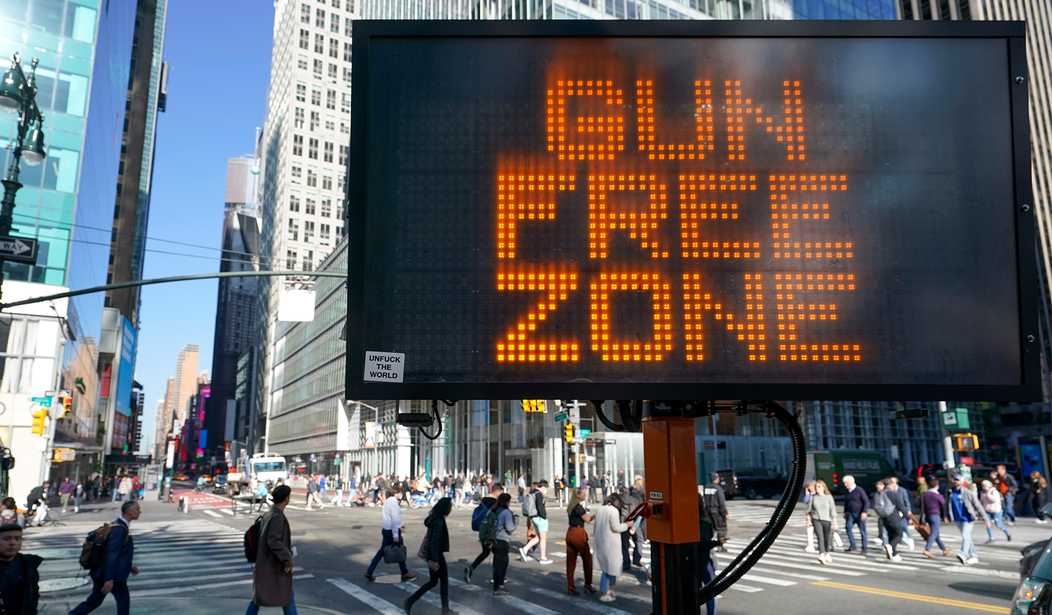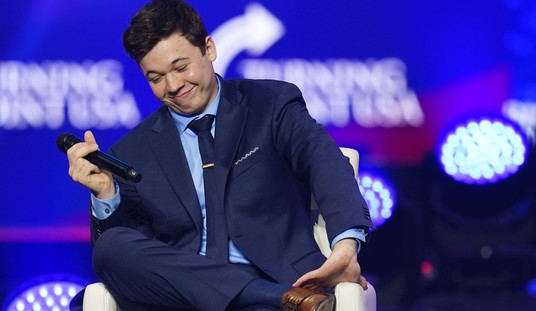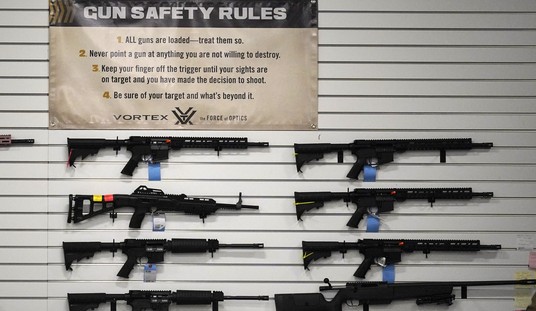As my colleague Tom Knighton reported this morning, U.S. District Judge Glenn Suddaby has halted enforcement of many aspects of New York’s Concealed Carry Improvement Act, from the “good moral character” requirement to the state’s designation of a host of publicly-accessible places as “sensitive” locations off-limits to concealed carry holders. The 184 page order is mostly great news for gun owners, but Suddaby is still allowing several components of the CCIA to remain in place, like the requirement that concealed carry applicants provide a list of four character references, take part in an in-person meeting with law enforcement, and provide proof of 18 hours of training (16 hours of classroom training and 2 hours of range time) before concealed carry licenses “shall” be granted.
In upholding those provisions of the CCIA, Suddaby pointed to several statutes in place near the time of the ratification of the Second Amendment in 1791 and the Fourteenth Amendment in 1868. For the character references, Suddaby noted that at least five colonies “had gun laws based on a reputation-based perception of an individual (Pennsylvania, Maryland, North Carolina, Virginia and New York).” Suddaby also found “three historical statutes (one from a state and two from cities) requiring an applicant to provide character references to be permitted to carry a gun,” and determined that “together, these eight laws (five of which came from states in 1777, including Virginia) were sufficiently established and representative to constitute a historical tradition of firearm regulation based on reputation (for example, by a reasonable number of character references).” Though the judge did note in an aside that “it seems overreactive (and a bit offensive) to literally analogize the need to regulate concealed-carry applicants to the need to regulate ‘groups deemed dangerous’, that’s pretty much what he ended up doing.
In upholding the state’s expansive training standards, Suddaby said the financial burden on applicants is “troubling,” but ruled that the provisions can remain in place for now because of “the analogousness of a historical requirement that those persons without familiarity of firearms must become familiar with them if those persons are to exercise their right use firearms to defend themselves in public,” adding that [i”]n addition, as the Court stated in its Decision and Temporary Restraining Order of October 6, 2022, it has been persuaded by Defendants that historically Americans’ familiarity with firearms was far more common than it is today.” The problem with that line of reasoning is that most of the statutes that Suddaby points to in upholding the training mandate are directly related to militia service; something that is not required in order to exercise your right to keep and bear arms.
Moreover, it’s incredibly difficult for would-be carry holders in some parts of the state to find access to the state-mandated training. There are few ranges located in and around New York City, for example, and applicants are forced to travel for some distance, perhaps even staying in another location overnight and incurring additional costs, in order to meet the state’s requirement.
Interestingly, Suddaby suggested that he’d be amenable to halting enforcement of the in-person meeting requirement for concealed carry applicants, and even laid out a better argument than the one used by plaintiffs.
Granted, again, it seems a stretch to analogize the modern need to regulate concealedcarry applicants to the historical need regulate “groups deemed dangerous.” And the need to personally see that the members of one’s military are competent to handle firearms during a time of war seems greater than the need to look all concealed carry applicants in the eye (and maybe exchanged a few words with them) after they have provided four character references and completed 18 hours of firearms training. However, Plaintiff Sloane has not yet adduced evidence of the inconvenience he would incur as a result of such an in-person meeting. (See generally Dkt. No. 1, Attach. 4 [Sloane Decl.].)
Conceivable examples of such evidence might include (1) the need to take time away from work or family to appear before a licensing officer, or (2) any delay experienced in having an appointment scheduled due to the CCIA’s imposition of this requirement on every applicant. Instead, Plaintiff Sloane has relied only on a possible infringement of his Fifth Amendment right to remain silent. (Id. at ¶ ¶ 5, 17-19.) The problem with this sole reliance is that, even setting aside the argument that an applicant is not “in custody” during such an in-person meeting, Plaintiff Sloane’s Fifth Amendment injury stemming from an “interrogation” appears too speculative at this point in the litigation. Simply stated, without more evidence, the Court must find that the burdensomeness of this modern regulation appears proportionate to the burdensomeness of its historical analogues. In this regard, based on better briefing by the State Defendants (and in the absence of testimony at the Preliminary Injunction Hearing), the Court reconsiders its prior ruling on this issue (in its Decision and Temporary Restraining Order of October 6, 2022), and denies Plaintiffs’ motion for a preliminary injunction with regard to this regulation.
Suddaby’s decision also allows the prohibition on concealed carry in playgrounds (but not parks), daycare centers, libraries and nursery schools; finding that those places are close enough to historical prohibitions on carrying firearms on school grounds to withstand constitutional scrutiny.
While the judge’s decision isn’t perfectly in line with what plaintiffs were asking for, it’s still a big win for Second Amendment advocates. Now the question is what will the Second Circuit do with Suddaby’s opinion? The state’s appeal will likely come quickly, and then the appeals court will have to decide whether to let the injunction stand as it is or reverse some or all of the district court decision. In the meantime, life will be a little easier for those who already possess a permit to carry in New York, but those hoping to exercise their right to bear arms for the first time are still going to deal with some unreasonable (and I’d argue unconstitutional) demands.









Join the conversation as a VIP Member